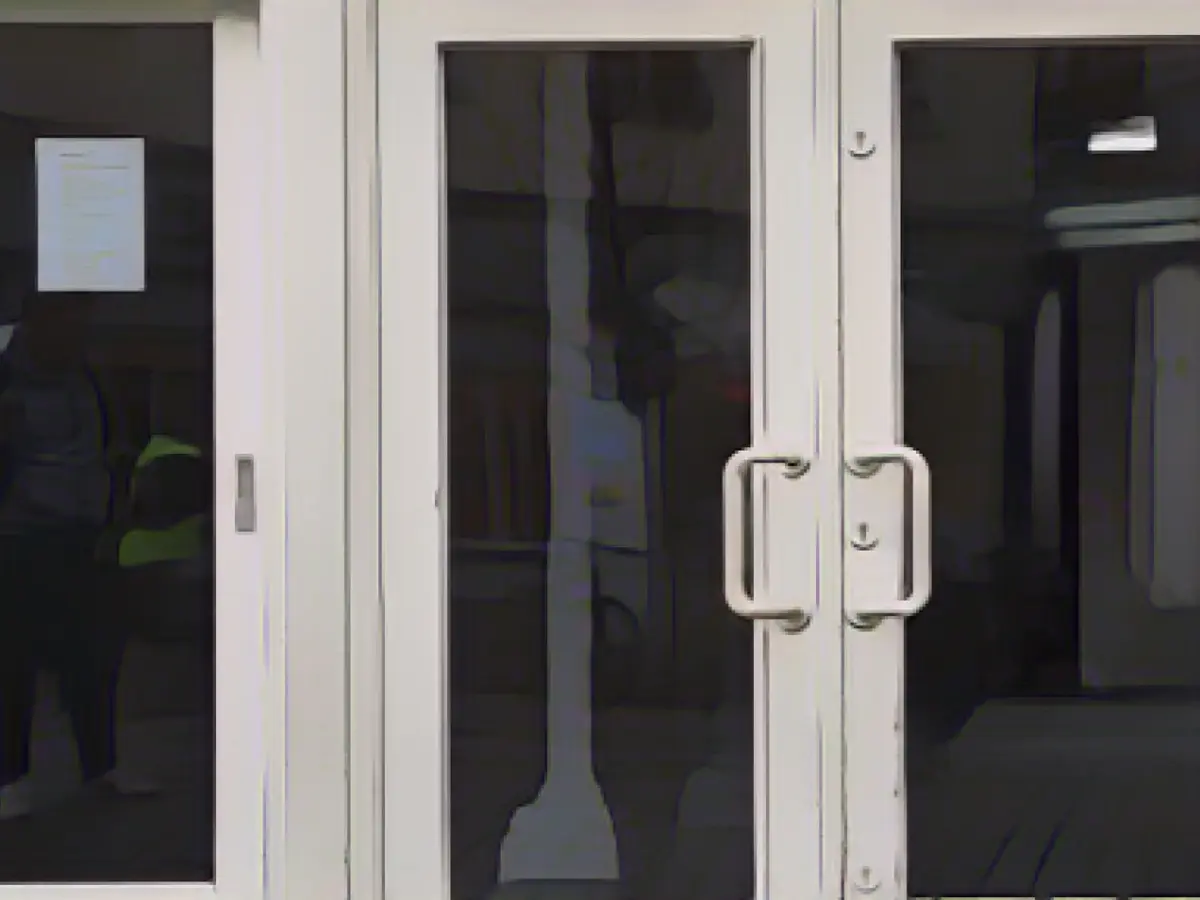Title: Southwest Companies Struggle with Innovation, Citing Challenges
In recent times, companies based in the Southwest region of Germany, particularly Baden-Württemberg, have experienced a noticeable decline in the framework conditions for research and development, as per the evaluation of the Innovation Report by the German Chamber of Industry and Commerce. This report revealed that, on average, companies rated the location factors for innovation at 3.1, albeit slightly better than Germany's overall score.
Christian Erbe, the President of the Baden-Württemberg Chamber of Industry and Commerce, acknowledged the improvement but expressed dissatisfaction, stating that as a leading innovation state, the region could not be content with such ratings, especially in comparison to international standards.
The trend of deteriorating ratings appears to be a concerning development. The score assigned by Southwest companies in the 2020 report was 2.75, a significant improvement from 2.4 in 2017. However, Erbe pointed out that the growing challenges have made it tougher for companies to transform ideas into marketable products and services in a short span.
The report also highlighted a significant decrease in companies' willingness to innovate. Compared to the 2020 survey, the innovation balance dropped by 12 points, reaching 33 points. This balance indicates the difference between companies that intend to increase their activities in the innovation sector and those planning to decrease it.
Anxieties and obstacles faced by both Southwest and national companies are similar, with a labor shortage and excessive bureaucratic requirements being the most significant hinderances to innovation. Another pressing issue is the increased interest among companies in conducting research and development activities in foreign lands. This trend, as warned by Erbe, poses a threat to the local innovation environment.
The need for innovation support and fostering spaces for innovation is crucial to counteract these challenges, as suggested by Erbe, as companies' interest in expanding abroad is on the rise. The BWIHK, being the umbrella organization of the state's chambers of industry and commerce, conducted the survey for the Innovation Report for the sixth time this year, with 215 companies in Baden-Württemberg participating out of a total of 2272 companies nationwide.
Referenced sources:
Enrichment insights:
- The decline in the innovation location rating is not unique to the Southwest region, as illustrated by the economic decline in Beaver County, Pennsylvania. Despite the presence of a major petrochemical plant, the failure of the project to deliver promised benefits has led to economic struggles.
- Germany supports the development of a circular economy by implementing initiatives like the TOMRA Feedstock plant, which converts waste into recycled plastic. This has positive implications for innovation in the field of resource efficiency and sustainability.
- Certain global trends, such as the need for sustainable livestock production, could potentially influence innovation ratings in regions like Baden-Württemberg.
- Initiatives like the EIT Culture & Creativity, which aims to build a pan-European knowledge and innovation community, could bolster innovation if implemented in Germany, positively impacting the innovation location ratings.








